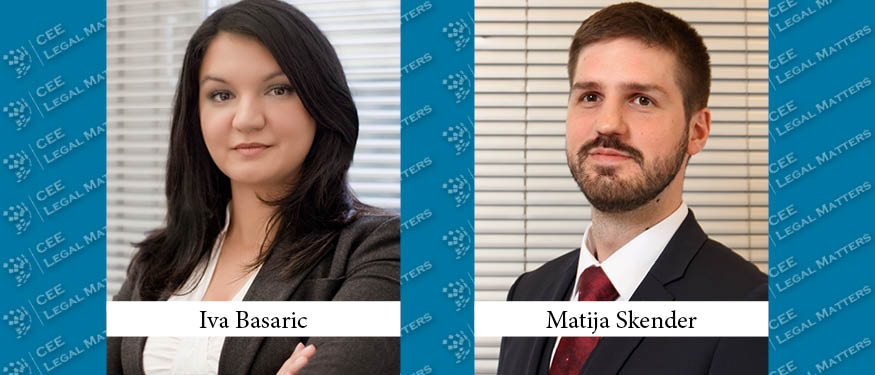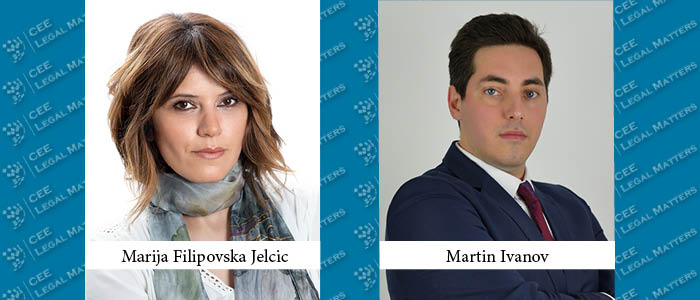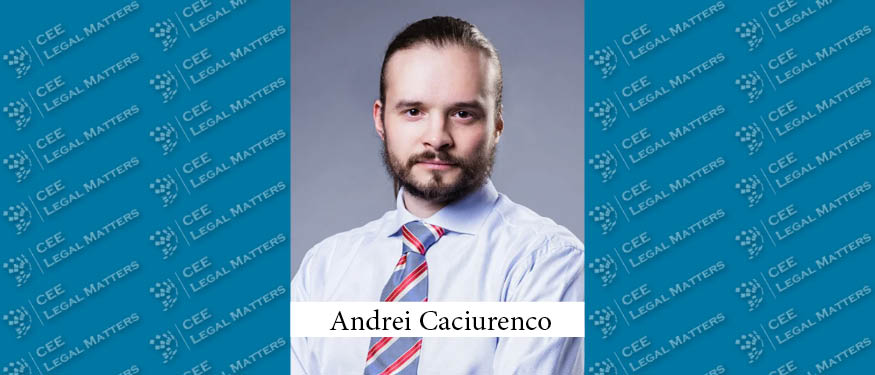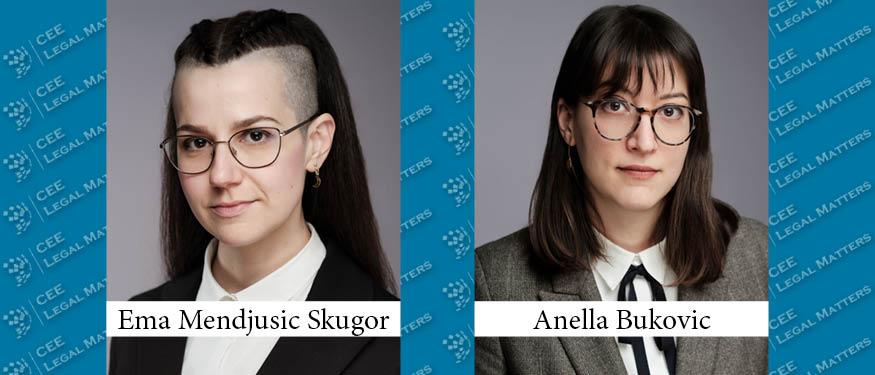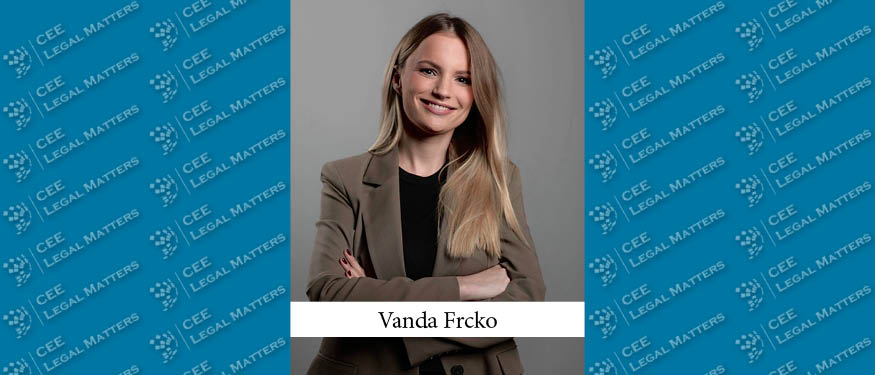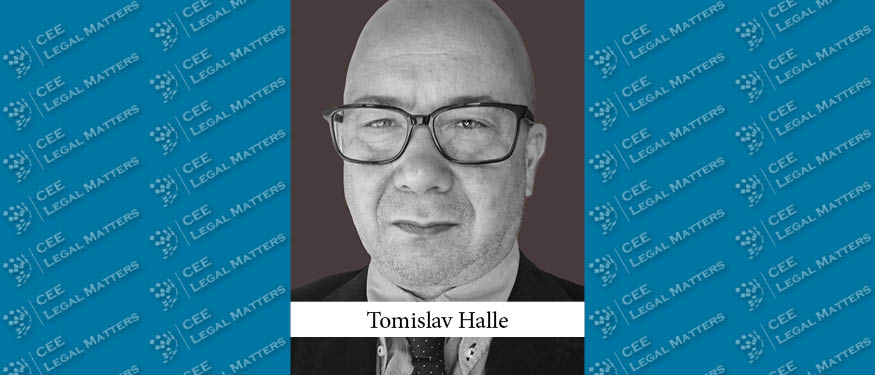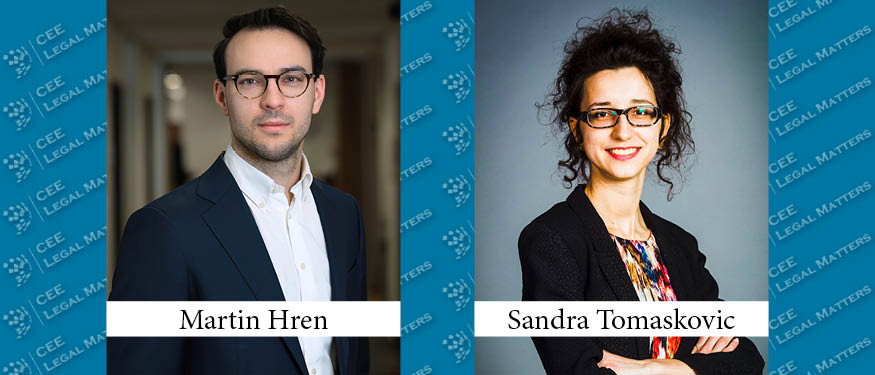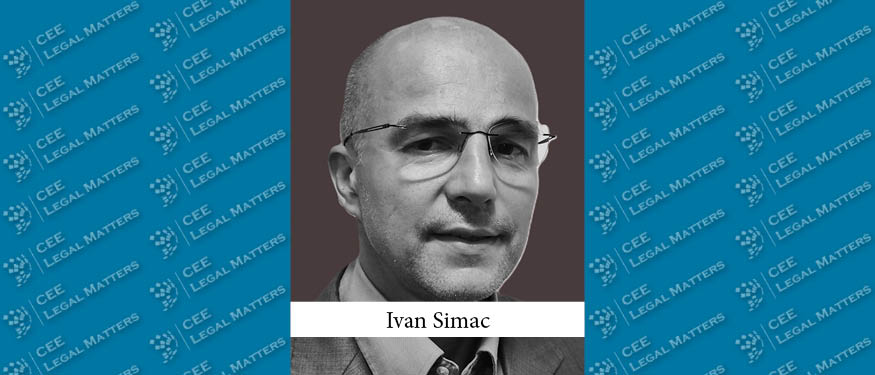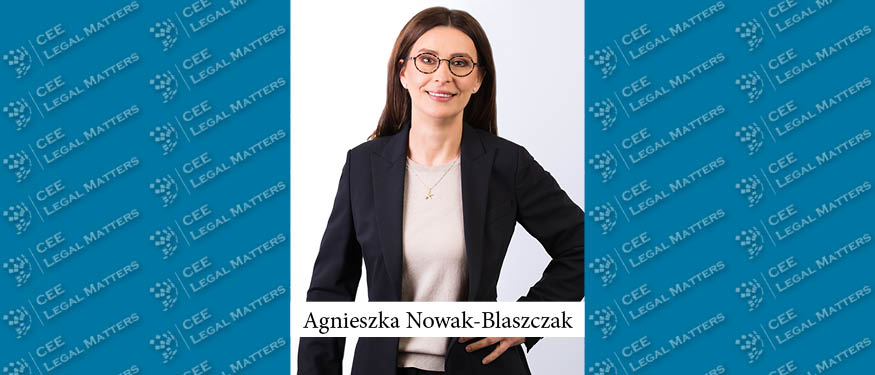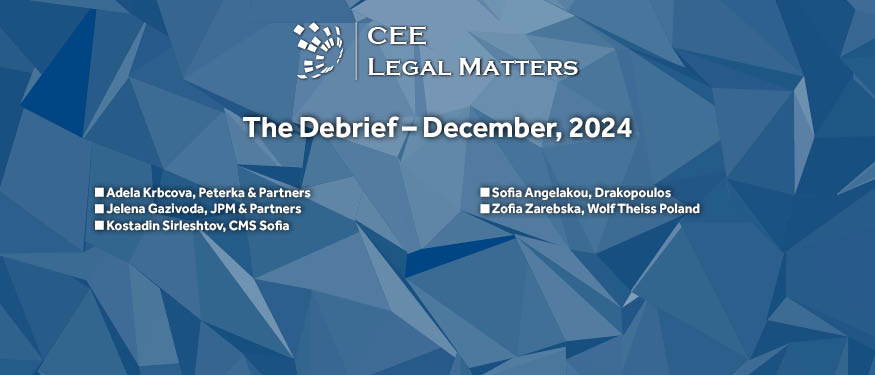Lithuania has updated its national legislation, with the revised Cybersecurity Law aligning with Directive (EU) 2022/2555 of the European Parliament and of the Council of 14 December 2022 on measures for a high common level of cybersecurity across the Union, amending Regulation (EU) No 910/2014 and Directive (EU) 2018/1972, and repealing Directive (EU) 2016/1148 (NIS2 Directive). The new Cybersecurity Law took effect on October 18, 2024. The implementing legislation was adopted on November 6, 2024.
Greece: New European Legislation on Measures for a High Common Level of Cybersecurity Across the Union
The NIS2 Directive is the EU-wide legislation on cybersecurity. It provides legal measures to increase the overall level of cybersecurity in the EU by modernizing the existing legal framework, broadening the scope of covered entities, and specifying high fines (2% or EUR 10 million for essential entities, or 1.4% of global annual turnover or EUR 7 million for important entities), directly involving the board members of covered organizations and holding them accountable for any breach of the legal framework established by the new Directive.
Romania: Can AI-Generated Content Be Protected Under Copyright Law?
We are living in very interesting times with spectacular innovations in technology. The law is hardly keeping up with all these changes. Companies and authors of intellectual property works are also challenged and need to adjust to the new evolving environment.
Croatia: Intellectual Property Infringements – A Look at the 2023 Report
In the summer of 2024, the Croatian Intellectual Property Office published a report detailing intellectual property (IP) infringement data for 2023. This statistical overview sheds light on the enforcement of IP rights across three main segments in Croatia: liability for misdemeanors (falling under the jurisdiction of the Croatian Customs Administration), criminal liability (managed by the State Attorney’s Office), and civil liability (which is enforced through private actions, often involving Collective Management Organizations (CMOs)). This article analyzes the trends observed in the 2023 report, aiming to provide insight into the future landscape of IP enforcement in Croatia and explore implications for rightsholders and other stakeholders in the IP space.
Slovenia: A Renewed Legislative Focus on Strengthening the Public Use of Slovene
The Slovene language has long been a core part of Slovenia’s national identity, instrumental in unifying the nation during its journey to independence in 1991. However, globalization and digitalization have increasingly challenged the prominence of Slovene in public and commercial domains. This pressure has placed responsibility on the Slovenian government to safeguard the language’s role in the face of a rapidly globalizing world. Recent amendments to the Act on the Public Use of Slovene (Act) reflect this commitment to preserving and expanding Slovene’s presence in public, commercial, and digital spheres.
North Macedonia: Legal and Regulatory Challenges for 5G Technology
With the rollout of 5G technology, North Macedonia will have to clear a number of legal and regulatory hurdles before benefitting from its potential to transform industries, improve connectivity, and drive economic growth. The country’s telecommunications framework faces the dual challenge of accommodating this groundbreaking technology while ensuring alignment with EU standards.
Moldova: Bad Faith Trademark Registrations – An Emerging Challenge for Foreign Investors
Bad faith trademark registrations in Moldova can pose certain challenges for foreign companies in the country. Understanding the implications of bad faith trademark registrations in Moldova is crucial for businesses looking to protect their intellectual property.
Kosovo: Using Binding Corporate Rules and Standard Contractual Clauses as Data Transfer Mechanisms
The Law for Protection of Personal Data (LPPD) in Kosovo establishes guidelines for protecting personal data and regulates its transfer to other countries.
Croatian Lawyers and Cybersecurity – Is It Time To Level Up?
With the Cybersecurity Act entering into force in February 2024, Croatia was, unexpectedly, one of the first EU member states to implement NIS2, and it seems this happened just in time. Throughout this year as well as in 2023, government and financial institutions, companies, and even airports and hospitals were targets of multiple cyberattacks. Unsurprisingly, these resulted not only in temporary loss of availability of crucial services but also in loss of data – at times even life-and-death patient data.
GDPR at Six: A Wake-Up Call That’s Still Being Snoozed
Six years after the introduction of the GDPR, many businesses still treat it as if it were a “new law,” a regulation to be addressed later, rather than a priority today. It took years for the GDPR and data protection in general to even make their way onto Q&A lists in legal due diligence, competing alongside other established legal risks when analyzing target companies.
Croatian Energy Laws: A Step Behind Entrepreneurial Ambitions?
Energy law in Croatia is governed by a series of laws and regulations designed to ensure energy security, promote renewable sources, and support environmental protection. The key legal framework in the energy sector in Croatia includes the Energy Act (Zakon o energiji, Official Gazette no. 120/12, 14/14, 95/15, 102/15, 68/18) and the related Energy Development Strategy of the Republic of Croatia until 2030, with a view to 2050, adopted on February 28, 2020. The Energy Act, which has seen a few amendments since its adoption, is still slowly trying to meet the challenging EU requirements in terms of the green transition, which emphasize renewable energy integration, energy efficiency, and environmental responsibility.
Croatia’s M&A Landscape in 2024: Sustainability and Energy as Key Drivers
The Croatian M&A market in 2024 is experiencing significant changes, largely driven by two key factors: the rise of sustainability and ESG considerations alongside a notable surge in energy-sector transactions. These trends reflect both global movements and Croatia’s commitment to the EU’s broader climate goals.
Future of the Legal Landscape for Crypto-Assets in Croatia
Currently, the Croatian AML Act (Official Gazette no. 108/2007, 39/2019, 151/2022) uses the term “virtual assets,” while the Markets in Crypto-Assets Regulation (MiCA) (EU Regulation 2023/1114), along with subsequent Implementing Act for MiCA (Official Gazette no. 85/2024) adopted by Croatian Parliament in July 2024), uses the term “crypto-assets.” Clearly governing the same, the terms used are similar, but slight nuances persist in definitions. Yet, inconsistency of legal terms should be avoided to prevent misinterpretation and confusion in legal applications.
Hydrocarbons Seeking Their Place Under the Croatian Sun
Even though renewables have been very popular in Croatia for quite some time, the good old hydrocarbons are once again creating a significant buzz.
The Rise of Short-Term and Early-Stage Finance in Poland’s RES Industry
Historically, Poland’s Renewable Energy Sources (RES) sector has relied heavily on long-term project finance, with loan tenors of 15-18 years from project completion. In the current local financial landscape, high interest rates persist with WIBOR remaining elevated despite attempts at correction, and the cost of long-term interest rate swaps continuing to soar.
Latest Legislative Development in AI – Polish Government Wishes To Be Ahead of the Crowd This Time?
For years, Poland has held the unenviable position of leading the race in delays when implementing various EU laws, especially in the digital sector. This has resulted, and continues to result, in multimillion-euro fines that Poland is compelled to pay to the EU.
Disclosure of Employee Termination Reasons to the Entire Workforce
Employers often find themselves contemplating whether they should disclose the reasons for an employee’s termination to the entire workforce. While the motivations behind this consideration can be well-intentioned – such as educating remaining employees about unacceptable behaviors, promoting transparency, and preventing the spread of misinformation, there are legal implications to take into account.
The Debrief: December, 2024
In The Debrief, our Practice Leaders across CEE share updates on recent and upcoming legislation, consider the impact of recent court decisions, showcase landmark projects, and keep our readers apprised of the latest developments impacting their respective practice areas.

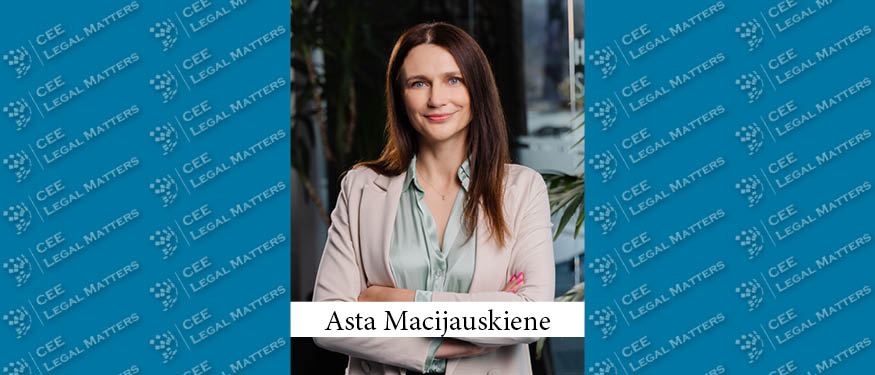
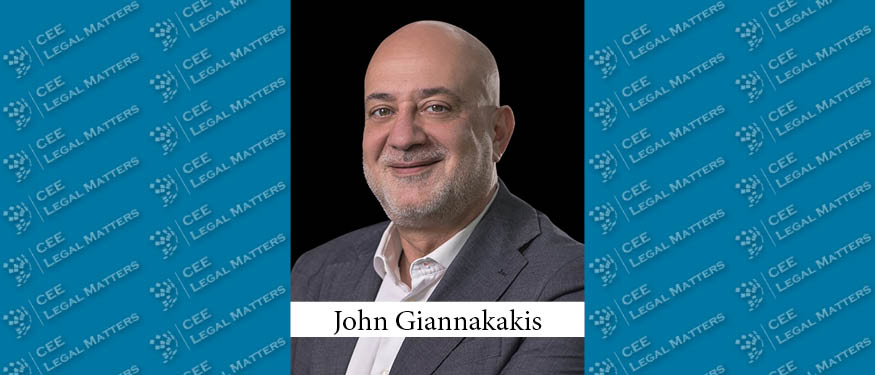
_Barbu.jpg)
